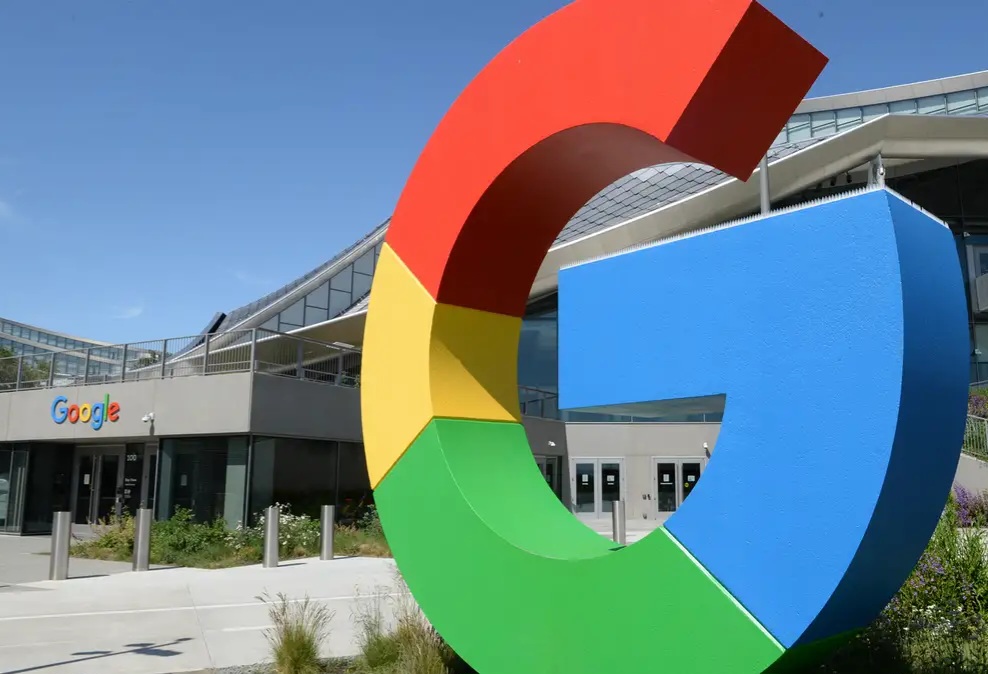Mountain View, July 23, 2024, The Europe Today: After years of planning to phase out user-tracking cookies, Google has announced that it will keep these cookies deployed in its Chrome internet browser. Anthony Chavez, Vice President of the Google-backed Privacy Sandbox initiative, shared the news in a blog post on Monday.
“Instead of deprecating third-party cookies, we would introduce a new experience in Chrome that lets people make an informed choice that applies across their web browsing, and they’d be able to adjust that choice at any time,” Chavez explained. He added that Google is discussing this new approach with regulators and will engage with the industry during the rollout.
Cookies, small pieces of code that collect information from Chrome users, have been crucial to the digital advertising ecosystem by enabling websites to track users and target ads. Google’s initial plan to remove third-party cookies, announced in 2020, had raised concerns among advertisers who feared it would limit their ability to collect user data for personalized ads and increase their reliance on Google’s user databases.
The UK’s Competition and Markets Authority (CMA) expressed concerns that the plan could hinder competition. Chavez stated that Google is collaborating with the CMA, website publishers, and data privacy groups to develop a new approach.
In response to these challenges, Google’s parent company Alphabet launched the “Privacy Sandbox” initiative, aiming to support online advertising while enhancing data privacy. This initiative aligns with regulations such as the European Union’s General Data Protection Regulation (GDPR), which requires website publishers to obtain explicit consent from users to store cookies.
The move has drawn mixed reactions. Lena Cohen, a staff technologist at the Electronic Frontier Foundation, remarked, “Google’s decision to continue allowing third-party cookies, despite other major browsers blocking them for years, is a direct consequence of their advertising-driven business model.”
Notably, competitors like Apple and Mozilla have blocked third-party cookies by default in their Safari and Firefox browsers, respectively. Users can activate cookies on these browsers if they choose to do so.
As Google navigates this new path, it remains to be seen how the balance between user privacy and advertising needs will be managed in the evolving digital landscape.














